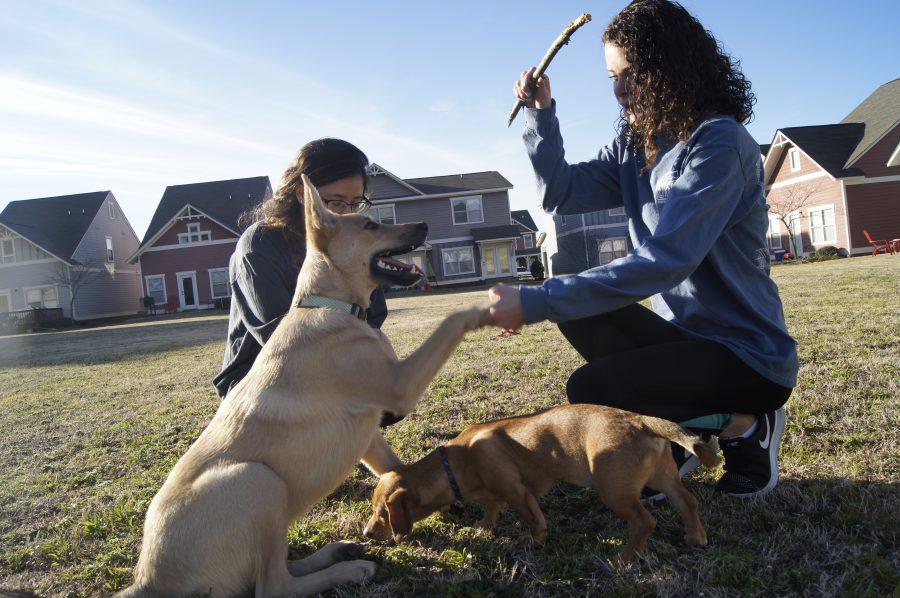The Tuscaloosa Metro Animal Shelter, the only shelter in the county, has fluctuated over the years in reaching capacity. Though they are currently accepting animals, they hope to continue to take in as many animals as they adopt out to new homes.
When the school year comes to a close around April or May each year, the shelter usually realizes they have as many animals as they can take. Tara Freeman, the adoption coordinator for the shelter, said there are a number of reasons for the overflow of animals in the spring.
“Our adoption numbers are high, but not enough to counter our in-take and it’s usually like that,” Freeman said. “We’re the only in-take shelter in the county. Others let customers adopt, but no other takes in animals.”
Freeman said once spring starts the shelter can take as many as 40 or more cats into their shelter, but that number can change in the summer.
“Those numbers slow down in the summer,” Freeman said. “We also hire more staff members during the summer and that helps a lot, along with our volunteers.”
There are currently 17 employees working at the shelter and someone is there 24/7. Thomas Sahm, the intake coordinator, said students are not the only reason for the increase in stray animals.
“There are a lot more strays after school ends,” Sahm said. “But spaying and neutering pets is also a large factor in our city. Some people don’t believe in locking their animals up or getting alterations and their animals roam around without them.”
Sahm said they often have residents bring them a litter of kittens or puppies that they cannot support, sometimes more than once.
“After a while, we won’t take them [litters] unless they agree to get their pet spayed,” Sahm said.
Sahm said all of the shelter’s animals in their system are altered, but they offer a spay/neuter certificate program for families who meet financial requirements. The shelter partnered with Alabama Spay and Neuter Clinic in Birmingham to provide low cost certificates at $20.
With the shelter being the only one in the county that does intakes, it means they are the only available source for the three animal control centers.
“We’re constantly getting animals from animal control,” Freeman said. “And we can’t say no, because they need somewhere to house those animals.”
Freeman said the best way to help with the shelter is to get involved.
Metro offers a program called Happy Hour where residents can take pre-approved animals on walks from noon – 4 p.m. on Mondays, Tuesdays, Thursdays and Fridays. Freeman said it not only helps the animal but also the shelter and the walker.
“When people find animals on the street their first instinct is to bring it home with them but some don’t realize that pet is now in your care,” Freeman said. “There are so many outlets while we’re full. If you don’t want to keep the animal, make posts on Facebook, ask us if the animal is in our system, make flyers. We can only rescue and fix so many animals. It really is a community effort.”









